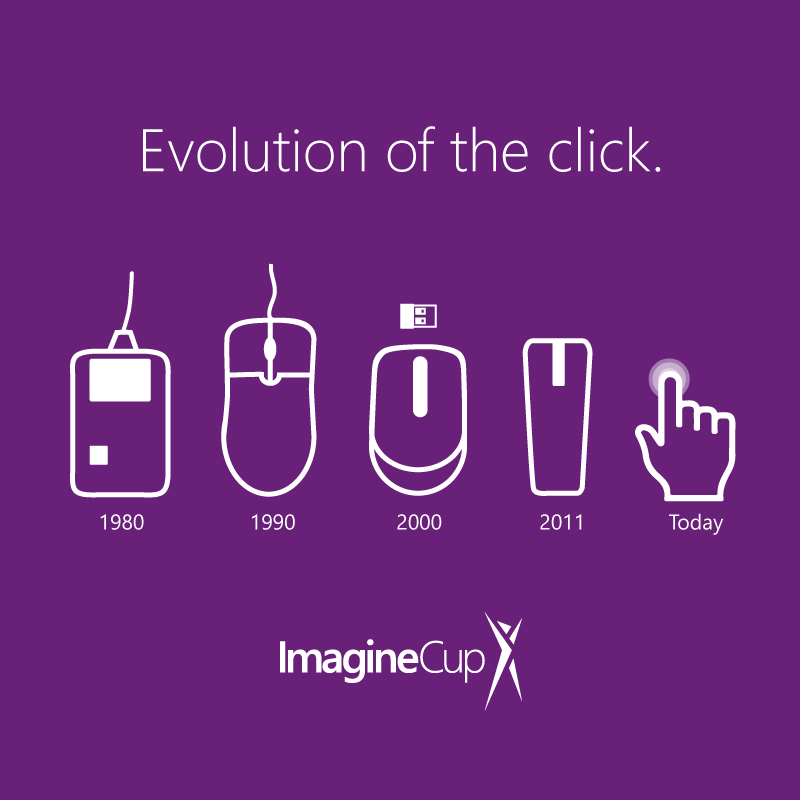First off, in case you missed them, I’ve blogged about several contests/competitions/awards for students lately. Check them out and see if any are appropriate for your students.
- 2015 Code Hunt Challenge
- NCWIT Aspirations in Computing 2015
- IBM Master the Mainframe Contest
- American Computer Science League Programming Competition
- Microsoft launches Cyberspace 2025 Essay contest for university students navigating the future of cyber security policy:
This is the largest collection of FREE Microsoft eBooks I have ever seen. Your IT support people may be very interested.
CS EdCamp Anyone? is my latest guest post at the CSTA blog. What do you think of a computer science unconference somewhere and sometime?
Inspiring Quotes from 10 Influential Women in Tech something for a bulletin board perhaps?
I love this carton from xkcd. A lot of people, basically people without experience with computer science, don’t understand the difference between what is easy and what is hard in software.









